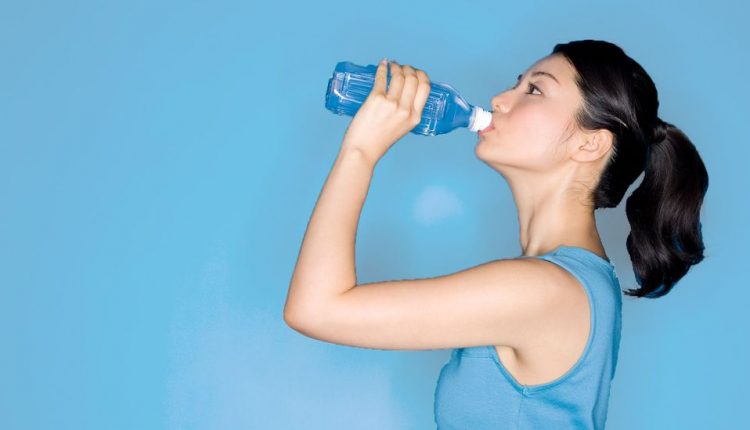
How much Water should I consume daily for a better Lifestyle?
Water is crucial for staying healthy and is used for many different biological processes. To achieve optimal hydration, it is crucial to understand how much water we should drink each day. The “8×8 rule” (eight 8-ounce glasses of water per day) is a well-known recommendation, however the quantity of water that each person requires might vary depending on a number of factors. The recommended daily water intake and the factors affecting it will be discussed in this article.
Factors that influence water intake;
- Individual requirements: The amount of water needed varies based on such things as age, sex, weight, level of activity, and general health. For instance, a person participating in strenuous physical activity or an athlete may require more water to make up for fluid lost through sweating.
- Climate & environment: Dry conditions, high elevations, and hot, humid climates can all lead to greater water loss from perspiration and evaporation, requiring a greater intake of water.
- Conditions of health: Certain illnesses, such as fever, vomiting, diarrhoea, or urinary tract infections, can cause significant fluid loss and necessitate greater water intake in order to prevent dehydration.
The National Academies of Sciences, Engineering, and Medicine provides general recommendations for daily water intake, which can vary based on age and sex. The following are rough guidelines for total water intake from all sources (including beverages and food) per day:
- Adults: Men should strive for a daily total water intake of about 3.7 litres (or about 13 cups), while women should aim for about 2.7 litres (or about 9 cups). Individual needs, however, could differ.
- Age affects how much water children should drink on a daily basis. Generally speaking, depending on age, size, and activity level, the recommended daily intake is between 1-2 litres.
- Women who are pregnant or nursing: Pregnant or nursing women need more fluids to support both their personal requirements and the needs of their developing baby. For individualized advice, speaking with a healthcare professional is advised.
For overall health and wellbeing, it’s important to keep a healthy level of water. While there isn’t a set amount of water that everyone needs to drink each day, broad guidelines can help us make wise choices. We may make sure we are staying adequately hydrated and supporting optimal biological processes by taking into account individual characteristics, paying attention to our body’s signals, and adopting healthy hydration practises into our daily routine. Keep in mind that hydration is a vital component of a healthy lifestyle.

